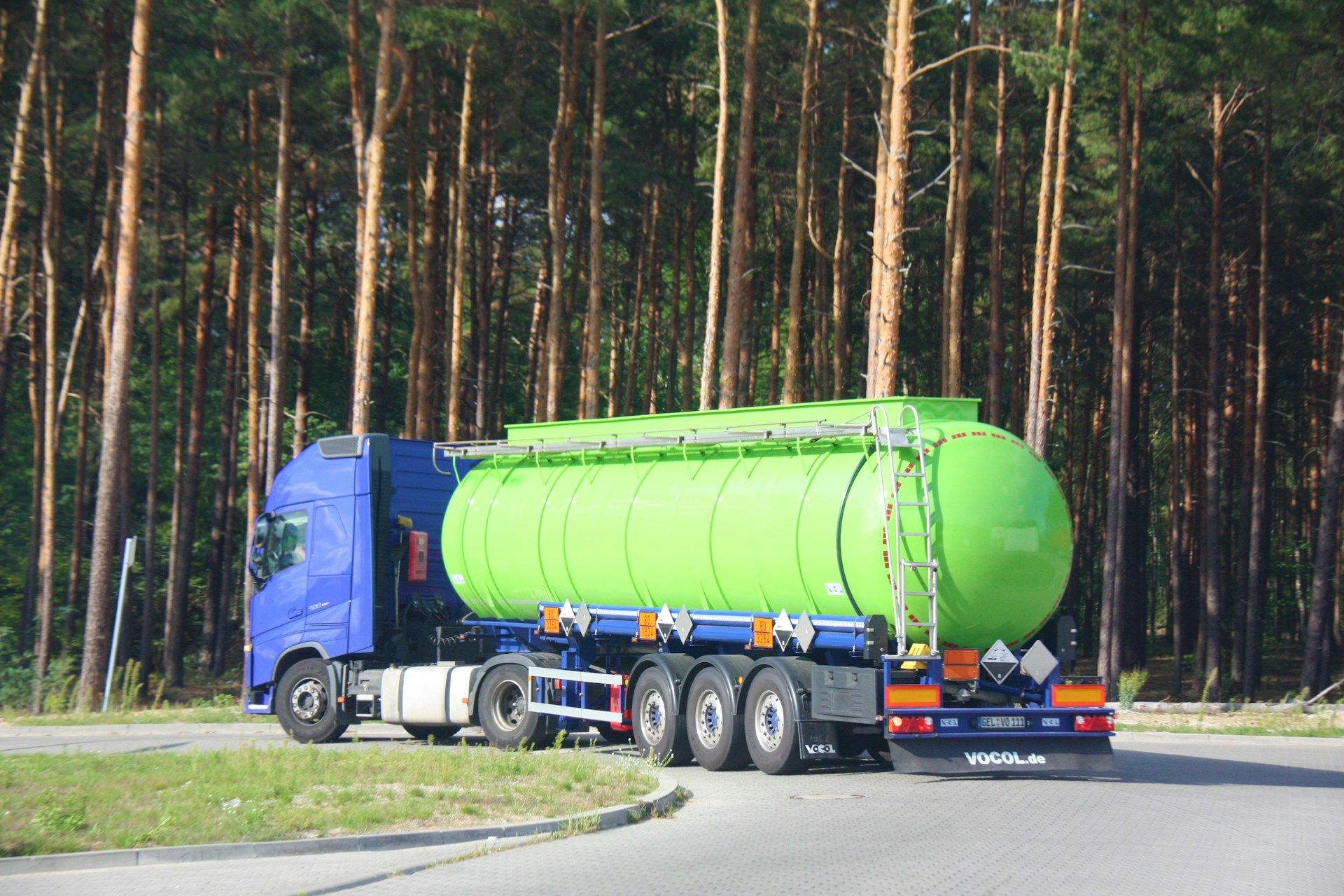business resources
The Modern Septic Industry: What Has Changed
30 Sept 2025, 10:35 am GMT+1
Septic systems have long been a cornerstone of waste management in rural and suburban areas. Traditionally seen as a utilitarian aspect of property ownership, the septic industry is undergoing a significant transformation marked by new technologies, environmental concerns, and evolving regulatory landscapes. As the world changes, so too does the manner in which septic systems are designed, maintained, and utilized, making it important for both consumers and septic business owners to stay informed about these developments. This article explores these changes and the future of the septic industry.
Advancements in Septic Technology
One of the most significant changes in the septic industry is the advancement of technology designed to improve system efficiency and reduce environmental impact. New types of septic systems, such as aerobic treatment units and sand filter systems, have emerged. These alternatives offer greater efficiency in breaking down waste and treating effluent before it reaches the environment. While traditional septic systems rely heavily on anaerobic bacteria for waste decomposition, aerobic systems introduce oxygen to the treatment process, resulting in cleaner discharge.
The integration of smart technology has gained traction. Sensors and monitoring systems help homeowners keep track of the system’s performance in real time. As businesses adapt to these advancements, many are utilizing software to help septic businesses thrive, making it easier to manage operations and customer relationships more effectively. These innovations allow for timely maintenance and repairs, reducing the risk of system failures that can lead to costly damages and environmental hazards.
Environmental Concerns and Regulations
With increasing awareness of environmental issues, the septic industry is facing heightened scrutiny regarding its impact on groundwater and surface water. Contaminated water sources can lead to serious health risks, prompting regulatory bodies to become more stringent in their oversight of septic installations and services. New regulations mandate periodic inspections, system upgrades, and proper waste disposal methods to mitigate pollution.
Many local governments are introducing incentives for homeowners to switch to environmentally friendly septic systems. These systems, which minimize groundwater pollution, are increasingly popular among consumers keen to reduce their environmental footprint. For septic companies, understanding and adapting to these new regulations allows them to offer compliant solutions that can attract eco-conscious clients.
The Evolution of Consumer Expectations
Modern consumers are more informed than ever and have higher expectations when it comes to service quality and environmental responsibility. With a wealth of information at their fingertips, property owners are now seeking out septic companies that demonstrate expertise, reliability, and personable service. Reviews and testimonials hold more weight than ever before, influencing customer decisions in selecting a service provider.
Septic companies are prioritizing customer education to foster trust and transparency. Informational content, such as blogs and videos about proper septic system care, can empower consumers to make informed decisions. Through educational outreach, businesses showcase their knowledge and position themselves as authorities within their industry, establishing lasting customer relationships.
The Role of Digital Marketing
Digital marketing has become a crucial tool for septic businesses striving to enhance visibility and attract new customers. A strong online presence, evidenced by a professional website and active social media engagement, can reach potential clients more effectively than traditional marketing methods. With the ability to showcase services, share success stories, and respond to customer inquiries in real time, businesses can build credibility in a crowded marketplace.
Leveraging online advertising can target specific demographics, ensuring that marketing efforts reach the right audiences. Industry-specific software solutions are instrumental in honing these marketing strategies, providing insights into customer behavior and optimizing campaigns. Businesses that harness digital marketing trends can cater to the ever-changing demands of consumers.
Profitability and Financial Viability
Operating a septic business today involves navigating a variety of financial challenges, from fluctuating materials costs to regulatory fees. There are new opportunities for profit that savvy business owners can explore. Adopting advanced financial management software enables companies to optimize their operational costs and improve profit margins by making data-driven decisions regarding expenses and investments.
Diversifying service offerings to include maintenance contracts and emergency response can enhance revenue streams. Every septic company can benefit from a proactive approach, anticipating customer needs and tailoring services accordingly. By employing robust financial strategies and enhancing service options, businesses can better withstand economic downturns.
Training and Skills Development
The evolving landscape of the septic industry signifies the need for continuous training and upskilling for personnel. With new technologies and systems entering the market, septic professionals must stay informed about industry standards and best practices. Companies are increasingly investing in training programs and certifications to enhance their teams' competencies in modern septic services.
Ongoing education can ensure safety protocols are met and innovative techniques are implemented. Technological advancements demand a workforce that can adeptly manage complex systems and troubleshooting scenarios. By prioritizing employee development, companies not only enhance service quality and boost employee morale and retention.

The modern septic industry is witnessing remarkable shifts fueled by technological advances, regulatory changes, and evolving consumer expectations. Companies that adapt to these changes are positioned to thrive in a competitive marketplace. Embracing innovation, strengthening customer relationships, and implementing effective marketing strategies lay the groundwork for a sustainable future in septic services.
Share this
Arthur Brown
Writer
A dad of 3 kids and a keen writer covering a range of topics such as Internet marketing, SEO and more! When not writing, he's found behind a drum kit.
previous
Strategies for Regaining Control Over Unhealthy Patterns
next
Avoid Costly AC Issues With These Preventive Maintenance Tips